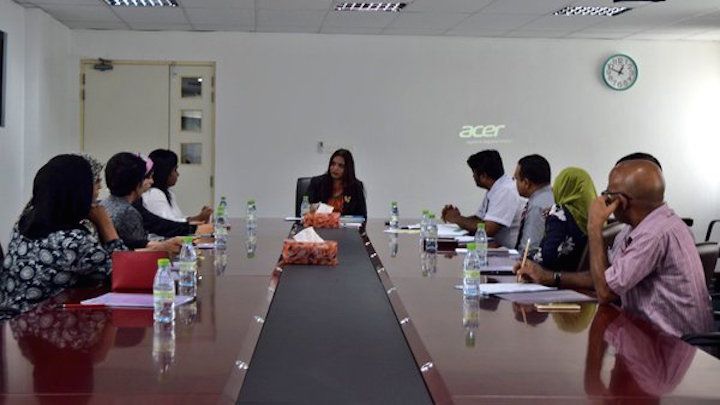Mental health clinics swamped after new criteria disqualifies staff
Mental health clinics in the Maldives are struggling to treat hundreds of patients after a new regulation rendered a majority of staff ineligible to become licensed professionals.

31 May 2016, 9:00 AM
Mental health clinics in the Maldives are struggling to continue treating hundreds of patients after a new regulation rendered a majority of staff ineligible to become licensed professionals.
According to new criteria published in the government gazette by the health ministry on May 10, a masters degree and 500 hours of clinical experience will be required to register at the Allied Health Council as behavioural analyst psychologists.
Clinical, child, counselling, or applied psychologists must have a doctorate (PhD or PsyD) and 1,000 hours of experience.
Citing articles 91 and 92 of the 2015 Health Professionals Act, the Allied Health Council then announced on May 25 that the penalty for working without a license is a fine not exceeding MVR50,000 (US$3,200).
Become a member
Get full access to our archive and personalise your experience.
Already a member?
Discussion
No comments yet. Be the first to share your thoughts!
No comments yet. Be the first to join the conversation!
Join the Conversation
Sign in to share your thoughts under an alias and take part in the discussion. Independent journalism thrives on open, respectful debate — your voice matters.




